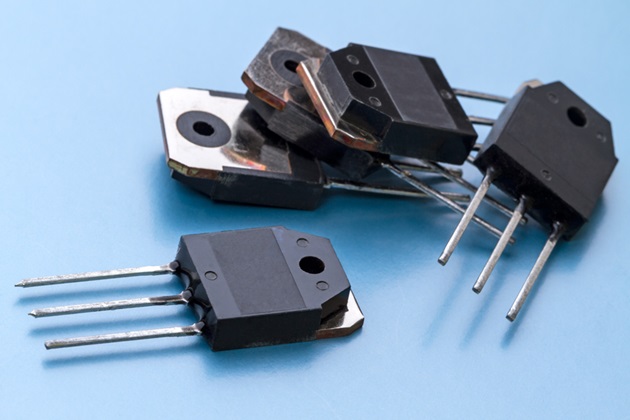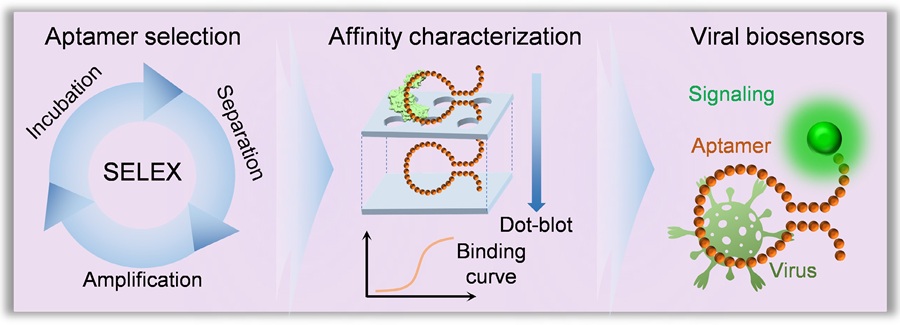Cheap, Paper-Based Testing Platform Could Transform Diagnostics
Posted on 16 Oct 2024
At-home diagnostic tests, such as pregnancy or COVID tests, utilize paper-based assay technology to identify the presence of target molecules. Although these tests are simple and inexpensive, they primarily provide qualitative results, indicating whether a biomarker is present. In contrast, field-effect transistors (FETs), which were initially created for electronic devices, are capable of detecting the concentrations of biological molecules. Today, they serve as highly sensitive biosensors for real-time biomarker detection. Many experts believe that FETs represent the future of biosensing; however, their commercialization has been limited due to the specific testing conditions required. In a highly complex matrix like blood, FETs often struggle to detect signals from analytes. Researchers have now developed a new diagnostic test system that merges an FET with a cost-effective, paper-based diagnostic test. When paired with machine learning, this system evolves into a novel biosensor that could potentially revolutionize at-home testing and diagnostics.
Developed jointly by researchers at the University of Chicago Pritzker School of Molecular Engineering (PME, Chicago, Il, USA) and UCLA Samueli School of Engineering (Los Angeles, CA, USA), the new kind of testing system integrates an FET with a paper-based analytical cartridge, similar to the technology used in at-home pregnancy and COVID tests. This combination harnesses the high sensitivity of FETs along with the low-cost benefits of paper-based cartridges. The paper fluidic technology, particularly its porous sensing membrane, reduces the need for the complicated, controlled testing environments that FETs typically require. Additionally, it offers a low-cost basis for the system, as each cartridge costs approximately 15 cents.

The integration of deep-learning kinetic analysis further enhances the accuracy and precision of the testing results within the FET. To evaluate the system, the researchers programmed the device to measure cholesterol levels from anonymized, leftover human plasma samples. The study results published in ACS Nano indicate that across 30 blind tests, the system measured cholesterol levels with over 97% accuracy—well above the total allowable error of 10% stipulated by CLIA guidelines. The team also conducted a proof-of-concept experiment demonstrating that the device could accommodate immunoassays, which are widely used to quantify hormones, tumor markers, and cardiac biomarkers. The next steps involve developing the system for immunoassay testing, with the ultimate goal of showcasing its ability to detect multiple biomarkers from a single sample input.
“By addressing the limitations in each component and adding in machine learning, we have created a new testing platform that could diagnose disease, detect biomarkers, and monitor therapies at home,” said Hyun-June Jang, a postdoctoral fellow and co-lead author on the paper. “This technology has the potential to detect multiple biomarkers from a single drop of blood.”













